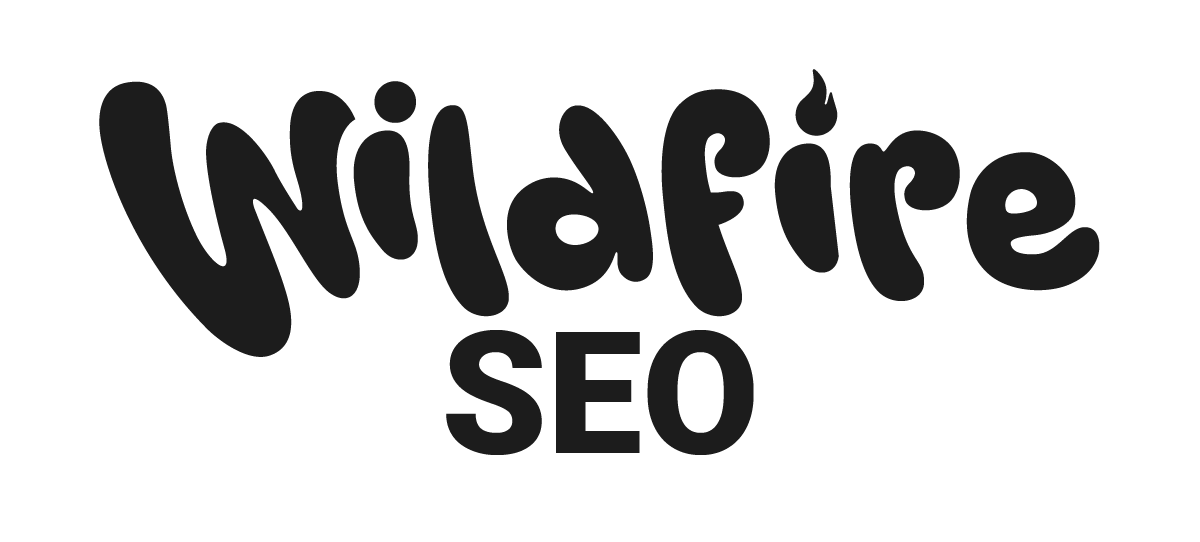
SEO Firms’ Tactics for Post-Indexing Errors
In the dynamic digital landscape of South Africa, maintaining a robust online presence is paramount for businesses striving to reach their target audience. Search Engine Optimisation (SEO) firms play a crucial role in enhancing visibility, driving organic traffic, and fostering growth. However, indexing errors can significantly impede these objectives, rendering even the most meticulously crafted content invisible to search engines.
The Significance of Indexing in SEO
Indexing is the process by which search engines like Google discover, crawl, and store web pages in their databases. Only indexed pages are eligible to appear in search results, making indexing a foundational aspect of SEO. For South African businesses, especially those operating in competitive sectors or aiming for regional visibility, ensuring that their web pages are correctly indexed is vital for maintaining online relevance and attracting potential customers. When indexing breaks down, entire sections of a website can go unseen, regardless of the content quality or backlink profile.
Common Causes of Indexing Errors in South Africa
Several factors can contribute to indexing errors, particularly within the South African context:
- Unreliable Hosting Services: Local hosting providers may suffer from frequent outages, slowing site availability and leading to failed crawl attempts by search engines.
- Slow Server Response Times: Load delays can prevent Googlebot from fully crawling a site, reducing the number of pages indexed.
- DNS Failures: Technical misconfigurations in domain name systems can block access to your site at a foundational level.
- Misconfigured CMS Settings: Errors such as mistakenly applied ‘noindex’ tags, outdated sitemaps, or conflicting directives in robots.txt files can all interfere with indexing.
- Local Content Delivery Challenges: Inadequate implementation of caching and content delivery networks (CDNs) can slow down site loading speeds—especially for mobile users, which is critical in mobile-first indexing environments.
Identifying Indexing Issues
The first step towards recovery is accurate diagnosis. Google Search Console (GSC) is an invaluable resource for identifying the status of your pages. It offers insights that highlight indexing issues such as:
- ‘Discovered – Currently Not Indexed’: Google has found the page but has chosen not to crawl it yet—often due to perceived low value or crawl prioritisation.
- ‘Crawled – Currently Not Indexed’: The page has been crawled but not included in the index, usually because Google does not deem it useful enough for inclusion.
- Soft 404 Errors: Pages that appear empty, irrelevant or broken to the crawler, even if a proper 404 status is not returned.
- Redirect Chains: Sequences of multiple redirects that can cause bots to abandon the crawl or dilute the relevance of the final page.
SEO firms must become adept at interpreting these signals. The longer issues go unaddressed, the greater the impact on organic rankings, traffic consistency and user trust.
The Impact on SEO Firms
For SEO firms operating in South Africa, indexing errors present not just a technical inconvenience but a strategic threat to campaign success. Unindexed pages equate to unseen content, and unseen content generates no return on investment. This makes real-time indexing health a mission-critical KPI for SEO firms tasked with delivering visibility and growth.
What’s more, as South Africa continues to expand internet access across mobile-first markets, SEO firms must account for performance disparities and infrastructure inconsistencies. Ignoring these realities can mean developing strategies that fail in execution. Effective SEO firms recognise that indexing health is both an outcome and a prerequisite of successful optimisation.
The Role of Internal Linking and Site Structure
A fragmented site architecture is a leading cause of indexing problems. Orphaned pages—those with no internal links—tend to be ignored by crawlers. Likewise, excessive URL depth or complex navigation structures can create barriers to full indexing.
SEO firms must routinely audit site structures to ensure all content is discoverable. Strengthening the internal link framework, particularly by connecting underperforming or low-authority pages to those with higher visibility, helps search engines understand site relevance and boosts the likelihood of indexing new content promptly.
Optimising for Speed and Mobile Performance
South African users are predominantly mobile, making mobile-first optimisation essential. Core Web Vitals—Google’s set of metrics for page performance—have a significant influence on indexing success. These include:
- Largest Contentful Paint (LCP) – How quickly the main content loads.
- First Input Delay (FID) – The time from user interaction to browser response.
- Cumulative Layout Shift (CLS) – Visual stability during page load.
SEO firms must treat performance as non-negotiable. Not only do slow, unresponsive pages risk being deprioritised for indexing, but they also jeopardise the overall user experience, which feeds directly into engagement metrics and search engine trust.
Continuous Monitoring and Maintenance
Indexing is not a “set-and-forget” operation. SEO firms need to implement continuous monitoring protocols to maintain indexing health. This includes tracking crawl stats, error trends, sitemap coverage, and server logs—vital for early detection of emerging issues. Government websites such as the South African National Research Network (SANReN) have highlighted the importance of reliable digital infrastructure—SEO strategies should be built on equally stable monitoring frameworks.
Long-term indexing integrity requires SEO firms to be proactive, not reactive. Regular site audits, seasonal reviews of content quality, and updates to metadata and schemas are all essential to stay ahead of algorithm changes.
Indexing is the gateway to visibility. Without it, no content—no matter how insightful or optimised—can perform. In the competitive online environment of South Africa, indexing errors are a silent revenue killer. That’s why SEO firms must treat indexing health as a core metric of success.
By understanding the local causes of indexing failure, embracing data from platforms like GSC, and committing to technical excellence, SEO firms can lead their clients out of the shadows of invisibility and into the spotlight of page one.
At Wildfire SEO, we help businesses recover from indexing errors and build search strategies that last. If you’re unsure whether your site is being seen by Google, contact us today—we’re ready to help reignite your digital growth.



